Hanoi On the second day of work after Tet, Nga, 31 years old, was assigned many tasks but she felt lethargic, bored, and unmotivated to work.
Nguyen Thi Nga is currently in charge of communications for a company, tasked with organizing "kick off" activities (first day of the year) along with dozens of other tasks, but she always feels lethargic and depressed. The woman's mind is still "floating" with the Tet holiday with ao dai, banh chung, and spring travel plans. Not to mention, the pain in her neck and shoulders and insomnia due to the disrupted daily routine during Tet makes her body tired, she just wants to stay home and rest.
"Sometimes, I try so hard to motivate myself to work, but my sisters invite me to eat, take photos at the beginning of the year, or go to the temple, making it impossible for me to concentrate," Nga said.
Similarly, Duc Manh, 30, who works as a video producer for a real estate company, is often absent-minded. On the second day back to work after Tet, he sent the finished product to his boss for approval but was asked to revise it because it did not meet the requirements, making the man even more frustrated.
"During the holidays, I traveled, ate and drank a lot, especially consumed too much alcohol, which made my mind feel 'frozen', I often had aches and pains, and I couldn't concentrate," he said, adding that many of his colleagues were in a similar situation.
In particular, due to the mentality that "January is the month to have fun", many people plan to visit colleagues and friends to celebrate Tet, or go to temples and pagodas, or travel to other provinces and cities..., affecting their work.

Fatigue and lethargy after Tet is a condition that many people experience. Photo: Kalingatv
Doctor, psychologist Tran Thi Hong Thu, Deputy Director of Mai Huong Daytime Psychiatric Hospital, said that energy depletion after Tet is a condition that many people experience, with symptoms including feeling lethargic, having trouble sleeping, having pain in the neck and shoulders, lower back, having difficulty concentrating on work, and feeling low in spirit. Many experts describe this condition as "post-vacation depression".
In fact, the leisurely and comfortable Tet holidays make people develop a resistance to the familiar rhythm of life and work. Therefore, when returning to work, many people are mentally depressed.
Not to mention, the holidays are a very busy time, constantly gathering, making staying up late, waking up late, and eating at irregular times inevitable. This causes disruption to daily routines, the body is often easily tired, and the spirit is lethargic.
If the situation persists, it will negatively affect the work progress and study plans of many people after the holiday, causing a decrease in morale, substance abuse, which is a factor promoting depression, leading to long-term mental disorders. Not to mention, the state of energy depletion after Tet can aggravate existing health problems.
Doctor Thu advises not to be too indulgent or put pressure on yourself during this time.
"Everyone needs some time to get back to their normal routine after a long holiday, especially those who work far away, leave the city to return home for Tet, or travel," said Ms. Thu, adding that this group needs time to rebalance their daily routine and recover their health after flights.
So you should not be too stressed, you should take time to adapt slowly.
The most effective way is to make a list of tasks that need to be prioritized, along with a detailed implementation plan. Prioritize simple tasks that are easy to do and do not require many resources.
"You can work while sipping a cup of coffee or tea, and chatting with colleagues will help you feel more comfortable and not develop a resistance to going to work," the doctor said.
Similarly, Dr. Phan Thai Tan, HomeFiT Weight Loss Health Coach, suggests that people write down their current problems and goals for the new year to increase their sense of determination, positive thinking, and push back negative thoughts.
"Setting New Year's goals not only helps you orient yourself but also creates more motivation, pulling you out of depression. Try to create more value, earn more money, so you can 'take a Tet holiday' whenever you want," the doctor said.
Some ways to increase energy immediately suggested by Dr. Tan include sunbathing, bathing or body massage to activate the lymphatic system. You can choose herbal baths, ice baths or simply alternating hot and cold baths, or warm and cool baths. This method is performed with the general principle of two modes differing by about 15-20 degrees Celsius, switching slowly to change the temperature and listening to the body's feelings, the purpose is to increase metabolism, increase alertness, increase resistance and stretch muscles after exercise.
You can also scrub your body with a loofah or soak your face in ice water. These methods can be included in your daily morning personal hygiene routine to help improve energy, reduce sleepiness, caffeine cravings, and stimulate collagen production to help reduce aging.
In addition, cleaning your home and workplace in an orderly manner is also a way to regenerate energy. You can start with the simplest things like placing a small potted plant or a bottle of essential oil.
Besides, you should build a healthy lifestyle with a reasonable diet, drink enough water, exercise regularly at least 30 minutes a day, practice an active lifestyle instead of sitting at a desk all day.
In particular, it is necessary to adjust the diet, purify the body of the "remnants" of Tet, eliminate alcohol, improve intestinal function, reduce bloating and indigestion, making the body lighter, contributing to good sleep.
"Don't forget to take reasonable breaks between work hours, eat on time and get enough sleep. Only when you take good care of yourself can you work effectively," said Dr. Tan.
Thuy Quynh
Source link




![[Photo] Opening of the National Conference to disseminate and implement the Resolution of the 11th Central Conference](https://vstatic.vietnam.vn/vietnam/resource/IMAGE/2025/4/16/e19da044c71d4330b6a03f49adcdb4f7)
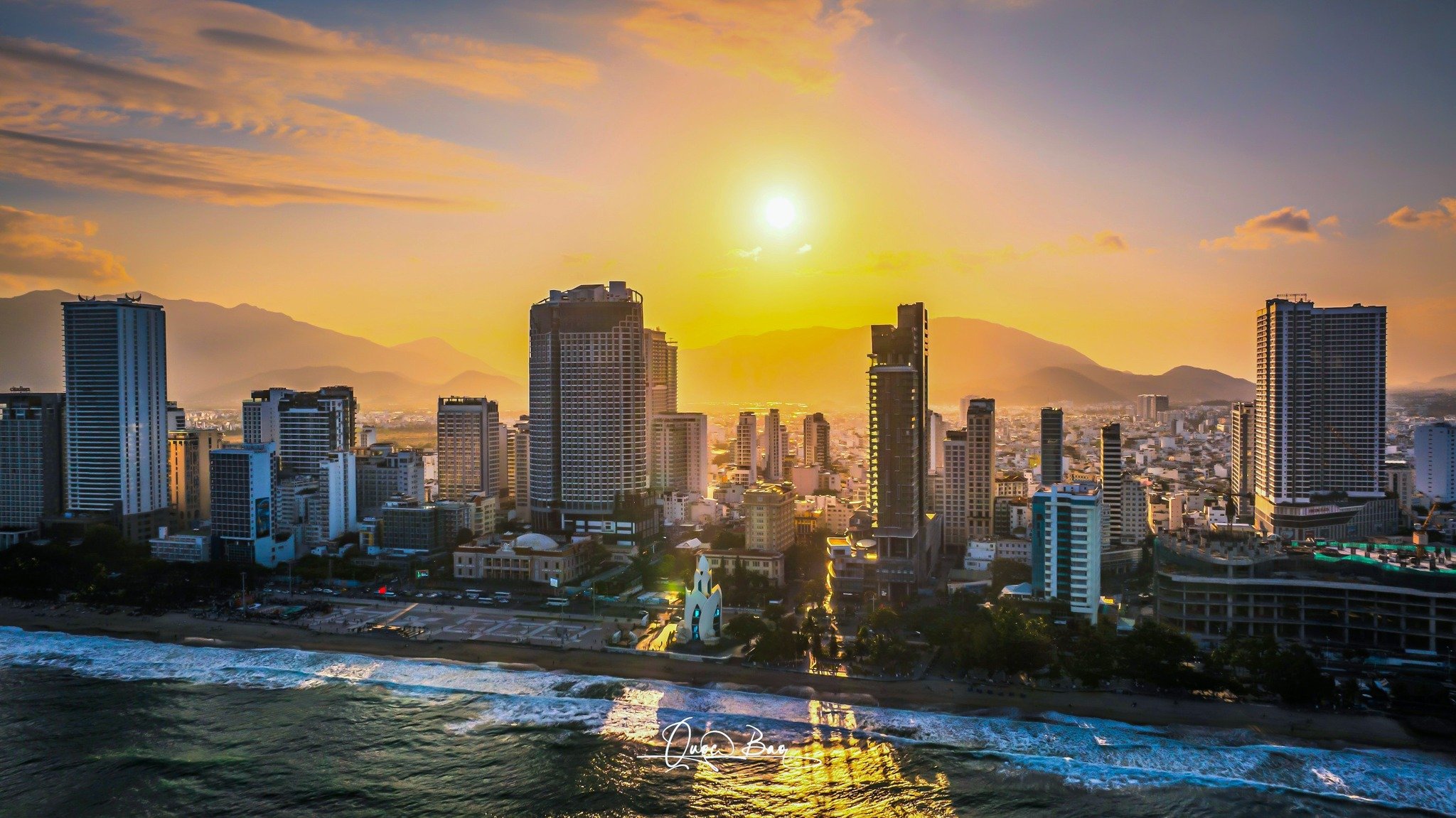

![[Photo] Prime Minister Pham Minh Chinh holds talks with Lao Prime Minister Sonexay Siphandone](https://vstatic.vietnam.vn/vietnam/resource/IMAGE/2025/4/16/e4d2c8ba48a64bc99cc9144629383366)


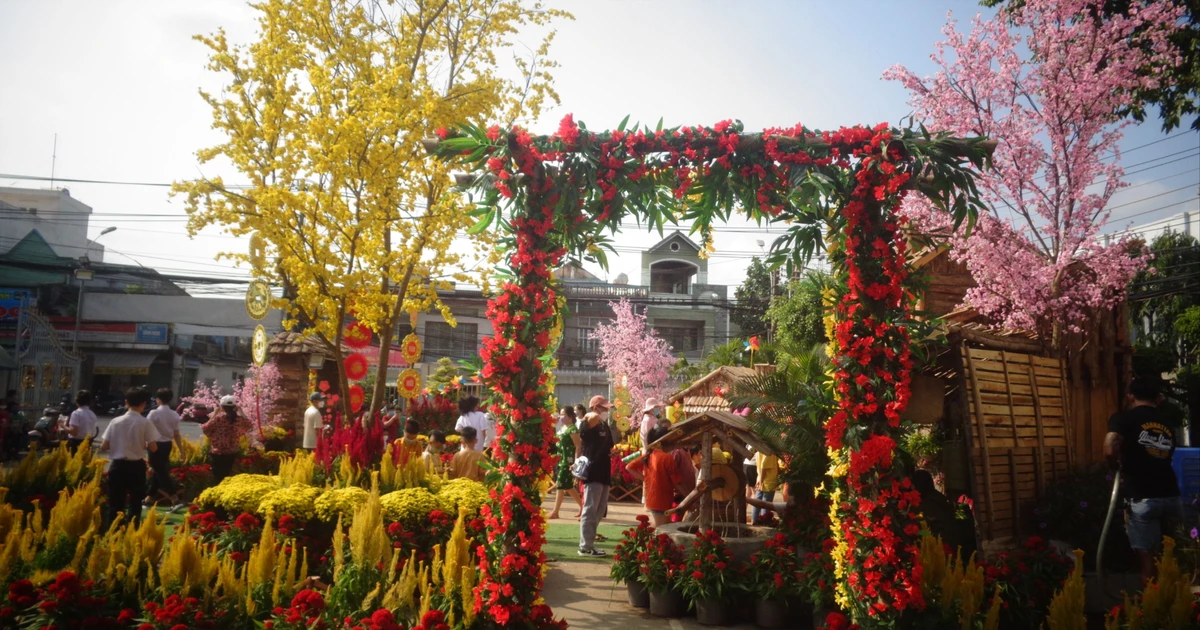








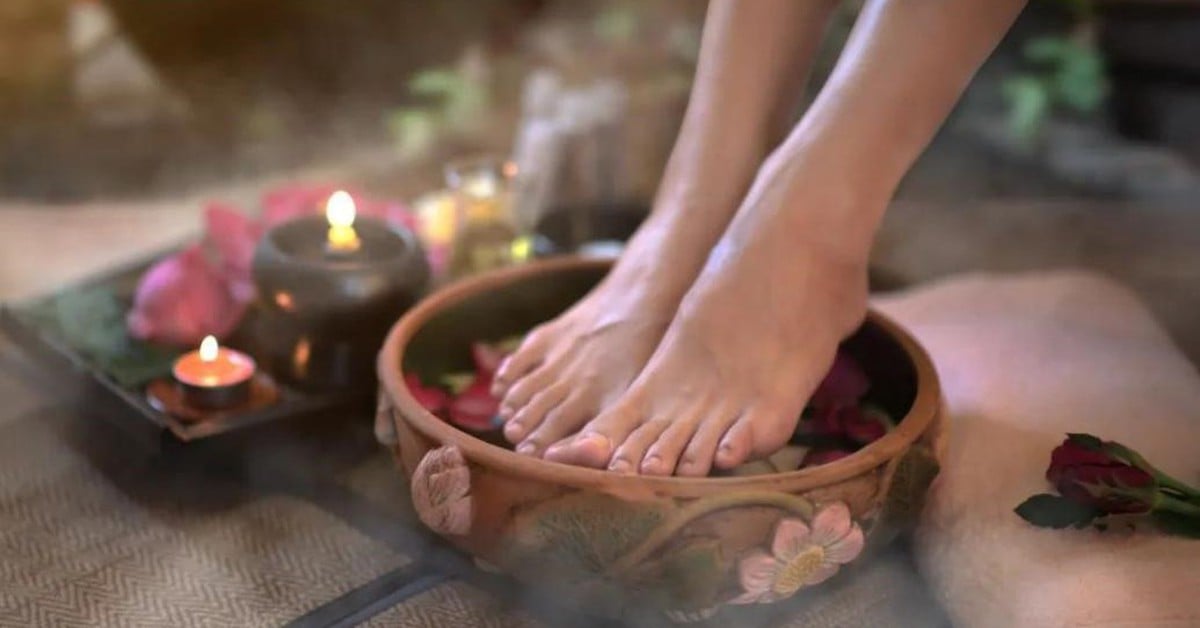
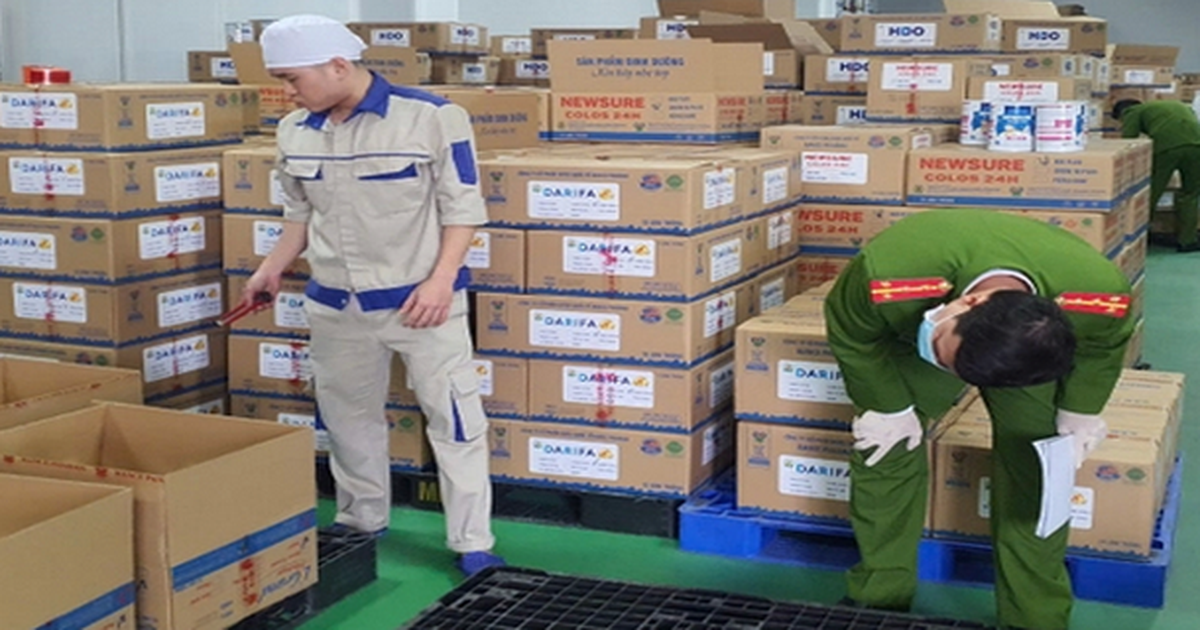
![[Video] Reorganizing medical facilities according to the 2-tier local government model](https://vstatic.vietnam.vn/vietnam/resource/IMAGE/2025/4/16/d4d9f1a2fef14905ace8f70d53acf7f9)



















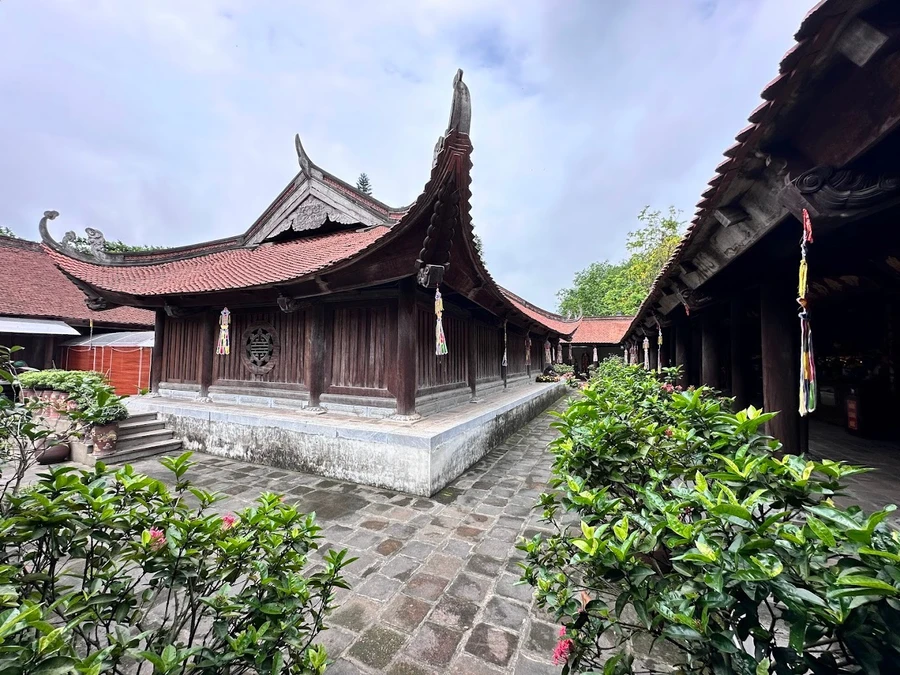










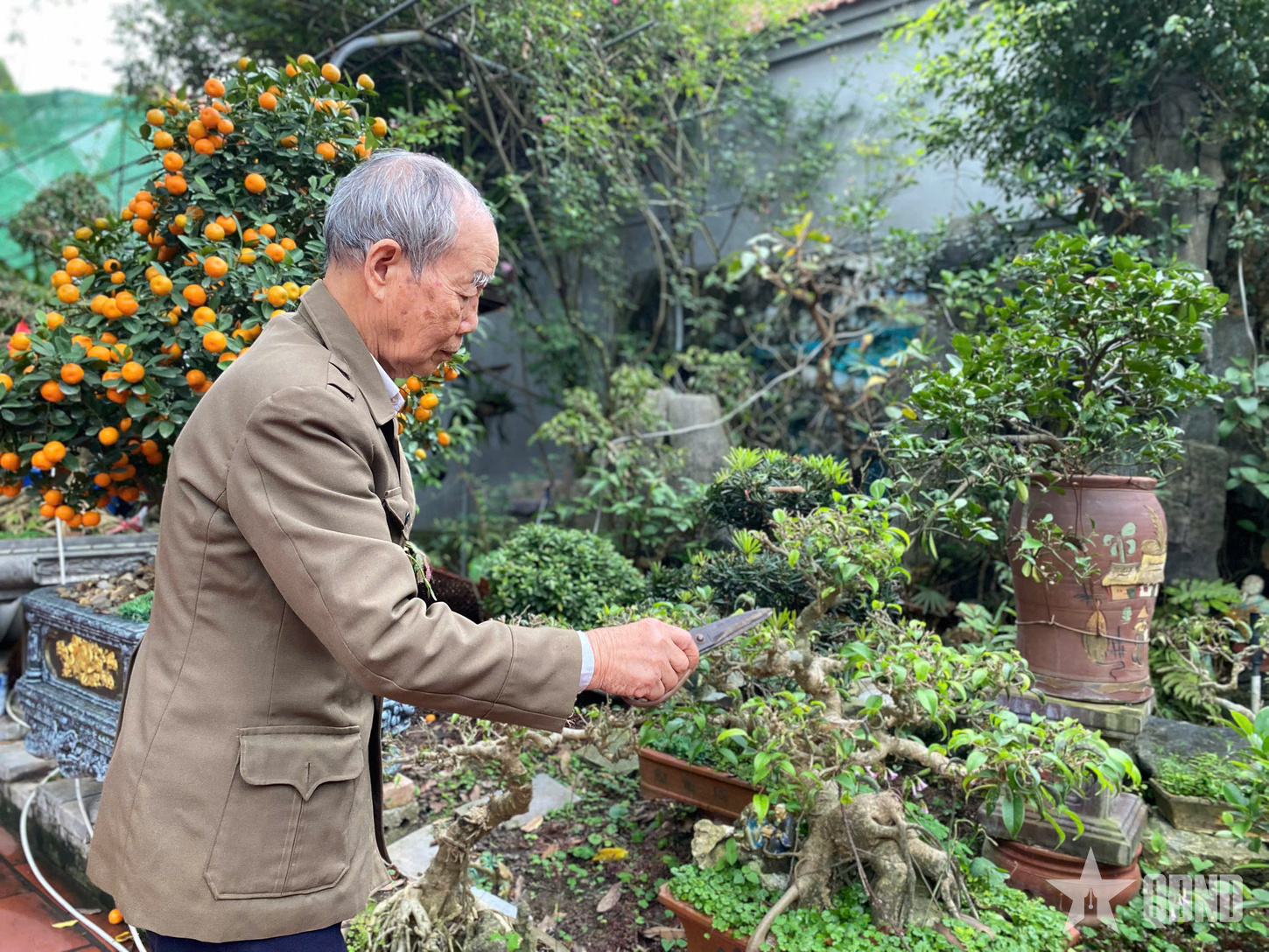











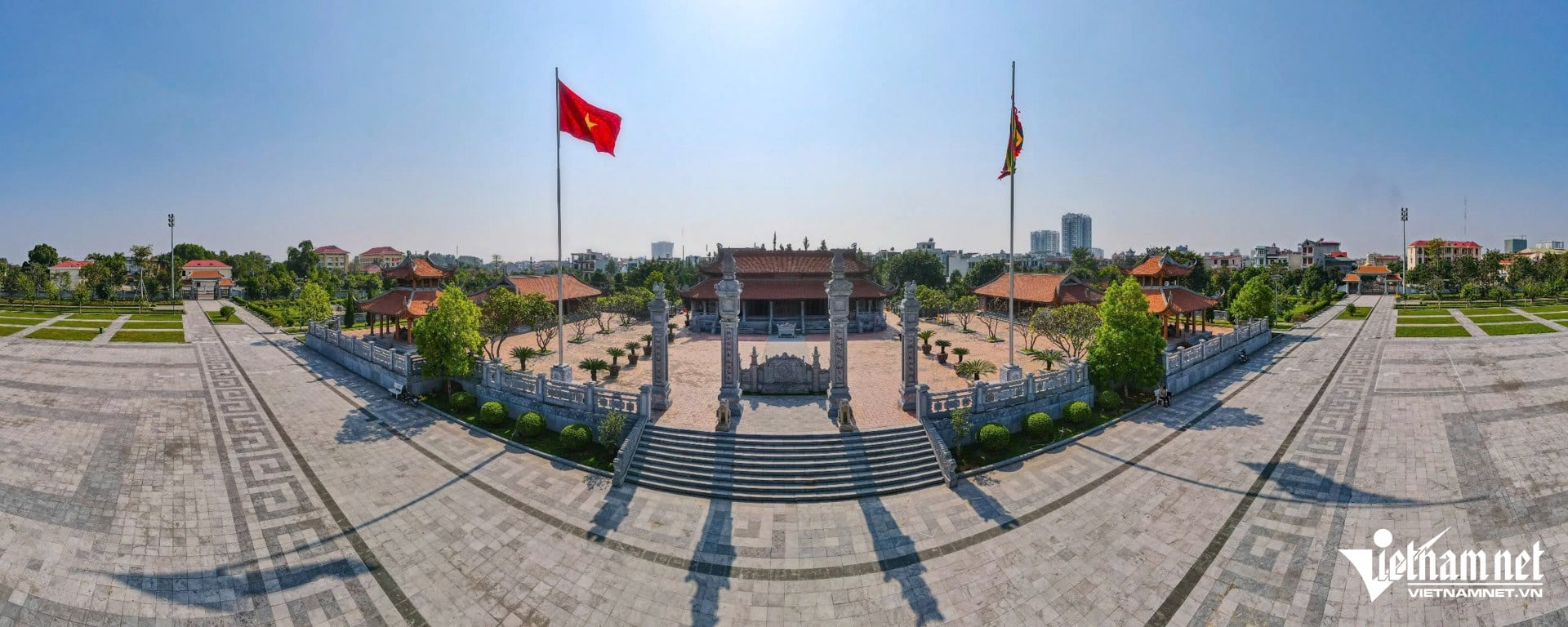



















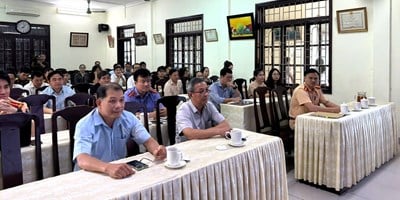

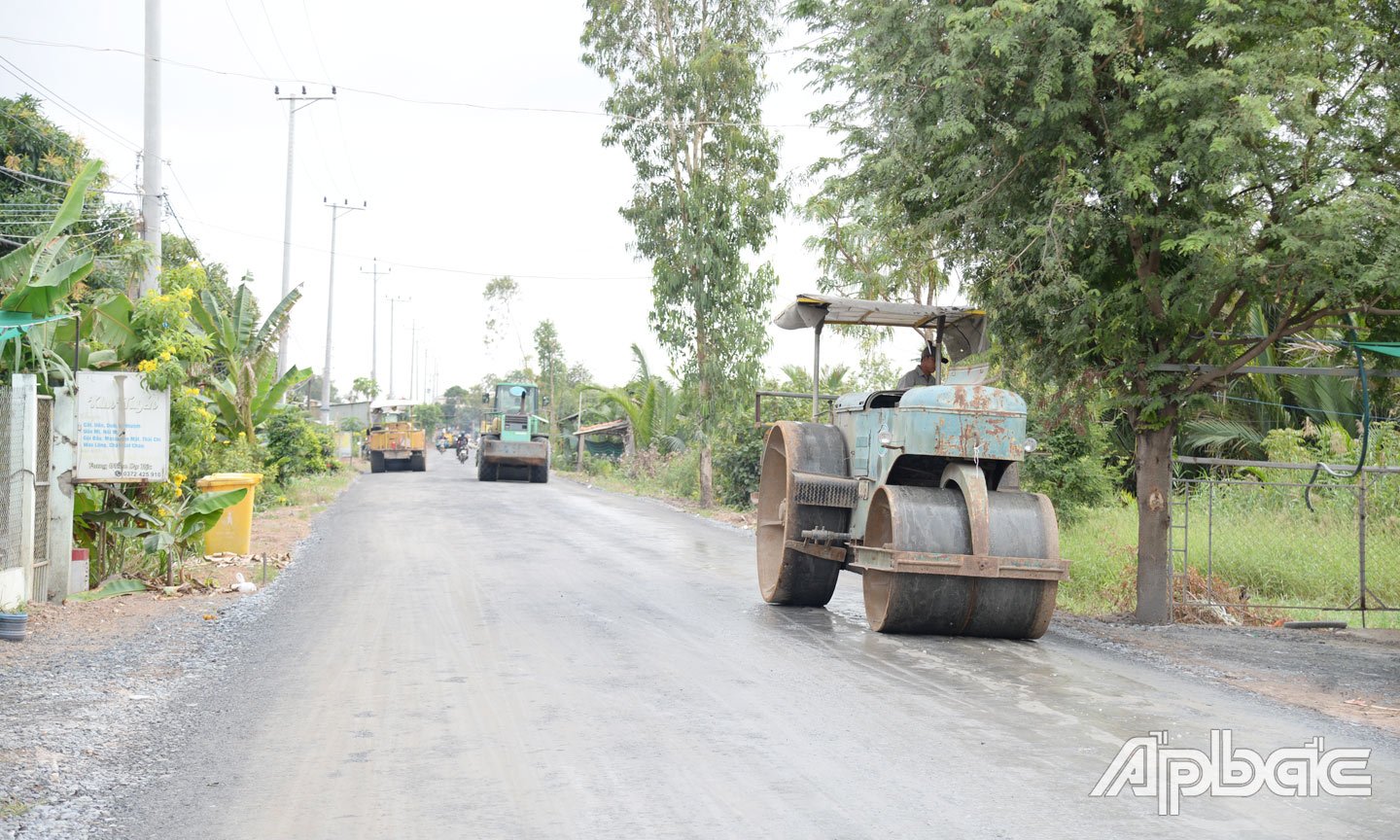

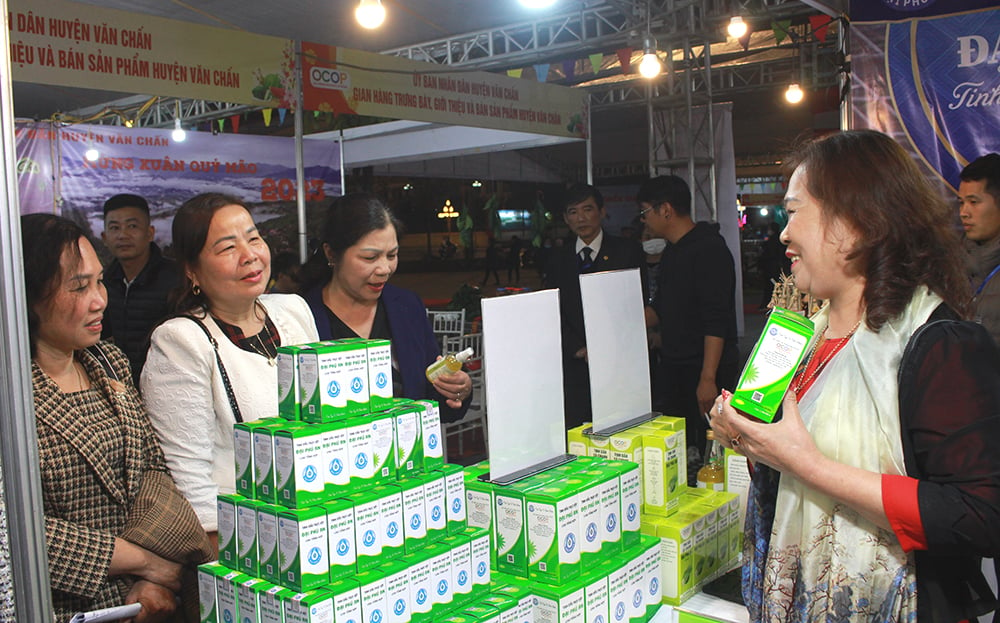

![[Photo] The capital of Binh Phuoc province enters the political season](https://vstatic.vietnam.vn/vietnam/resource/IMAGE/2025/4/16/c91c1540a5744f1a80970655929f4596)
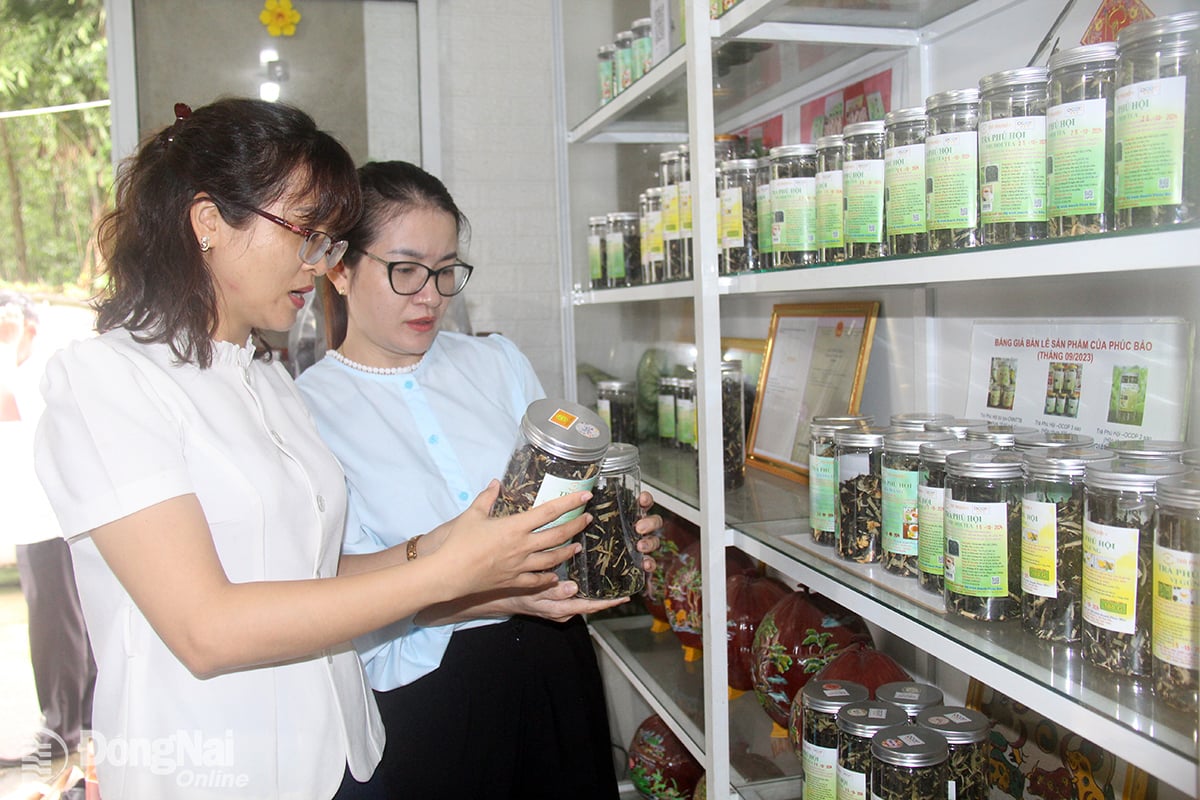
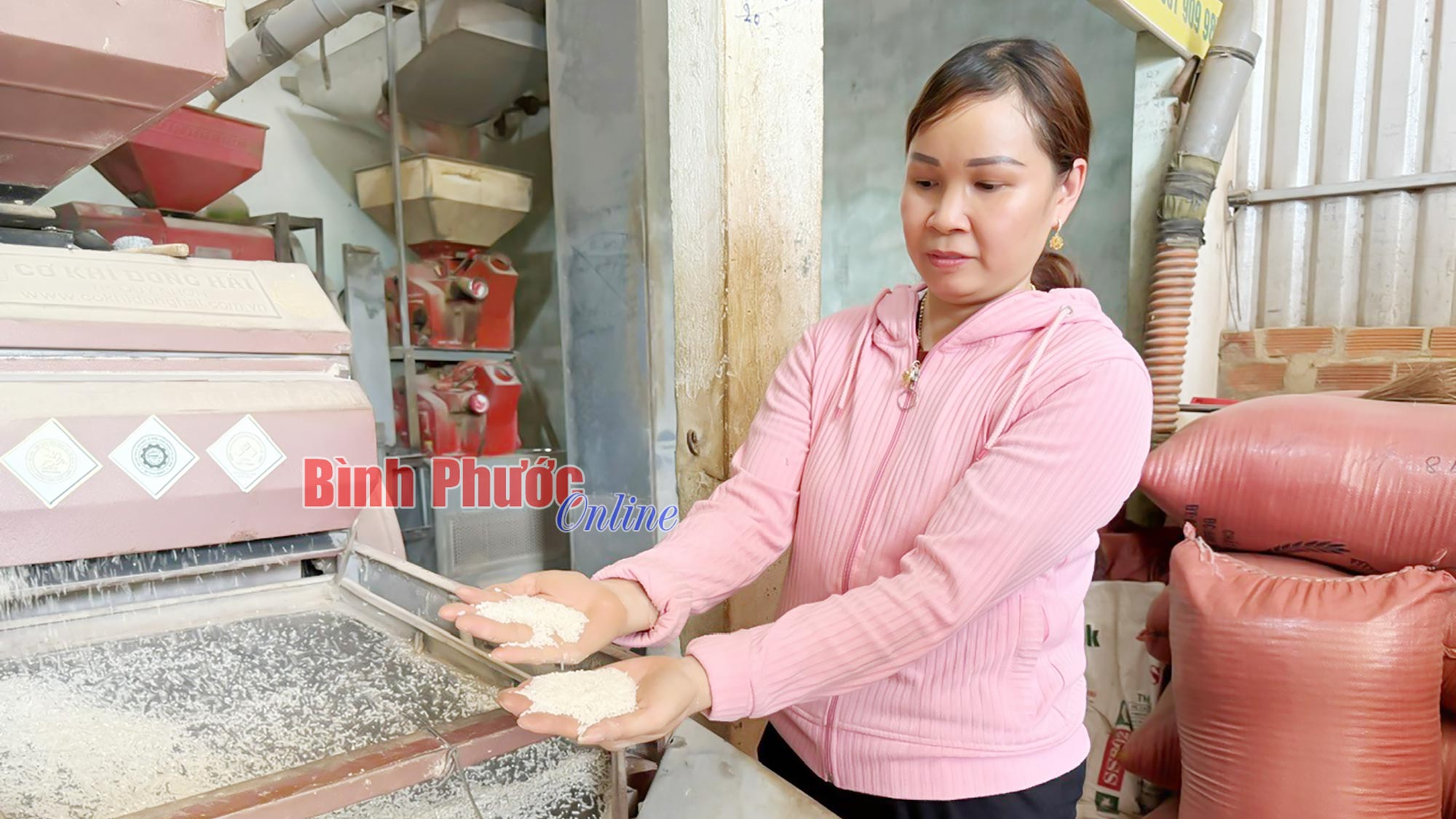

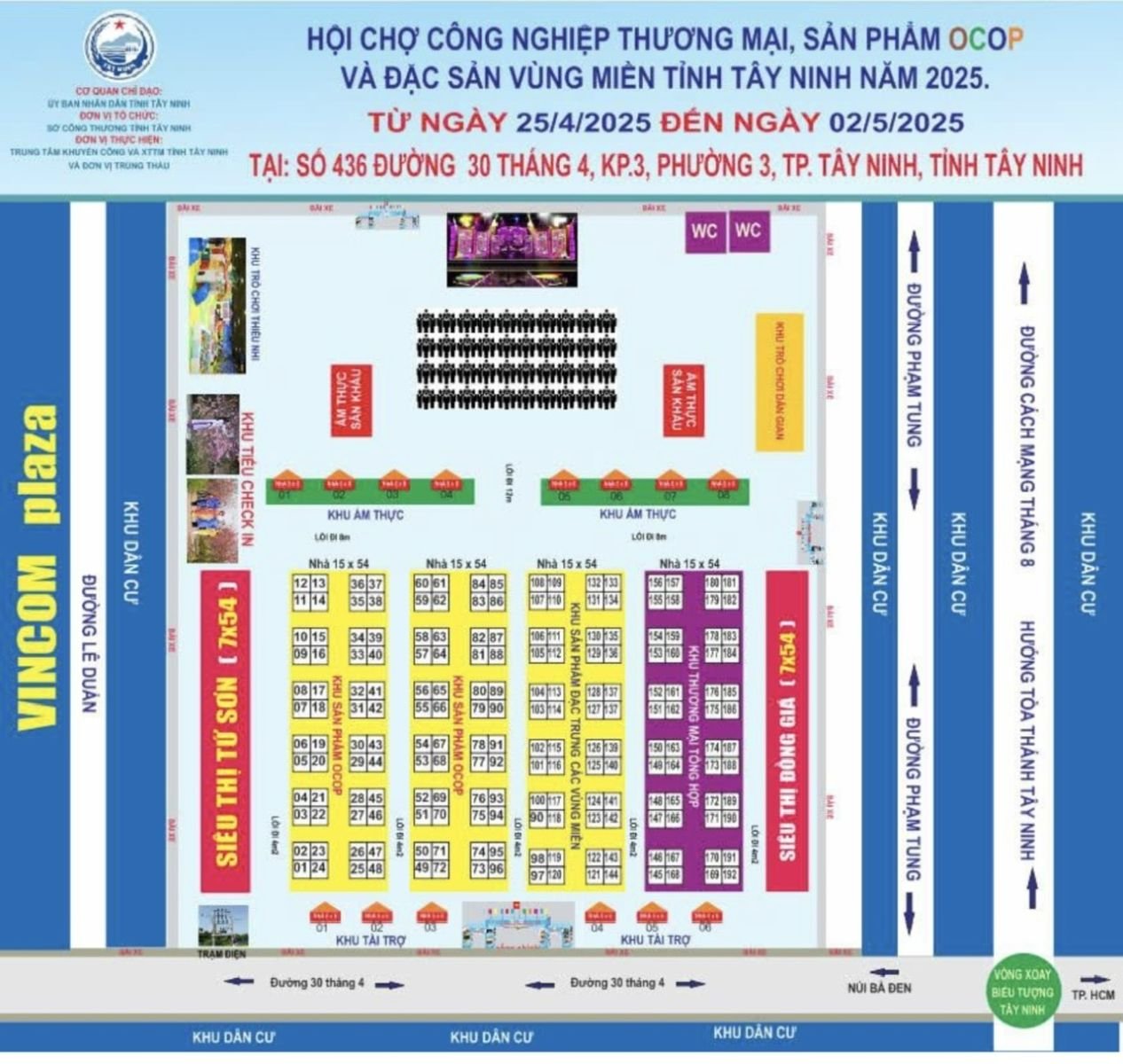
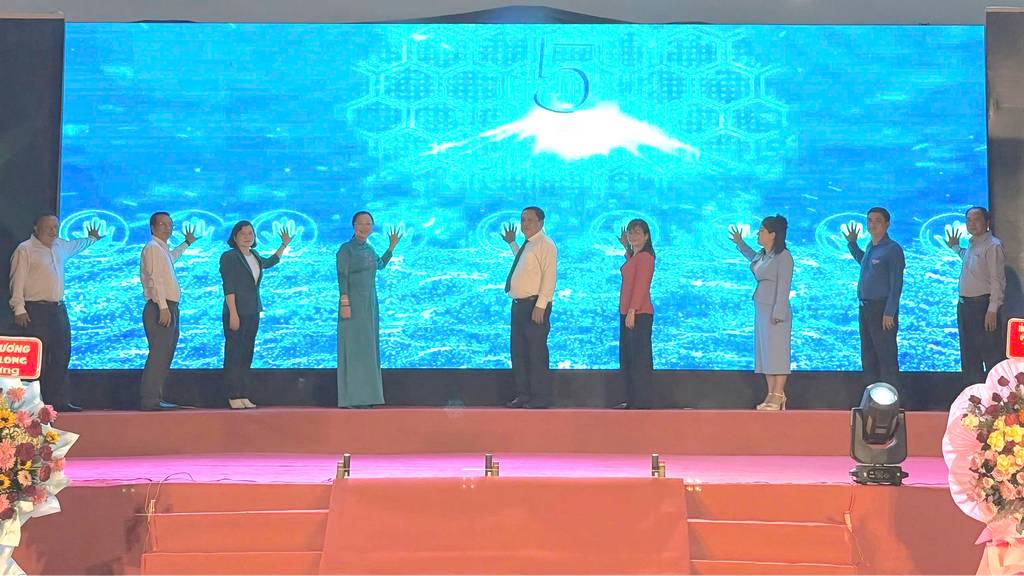
Comment (0)